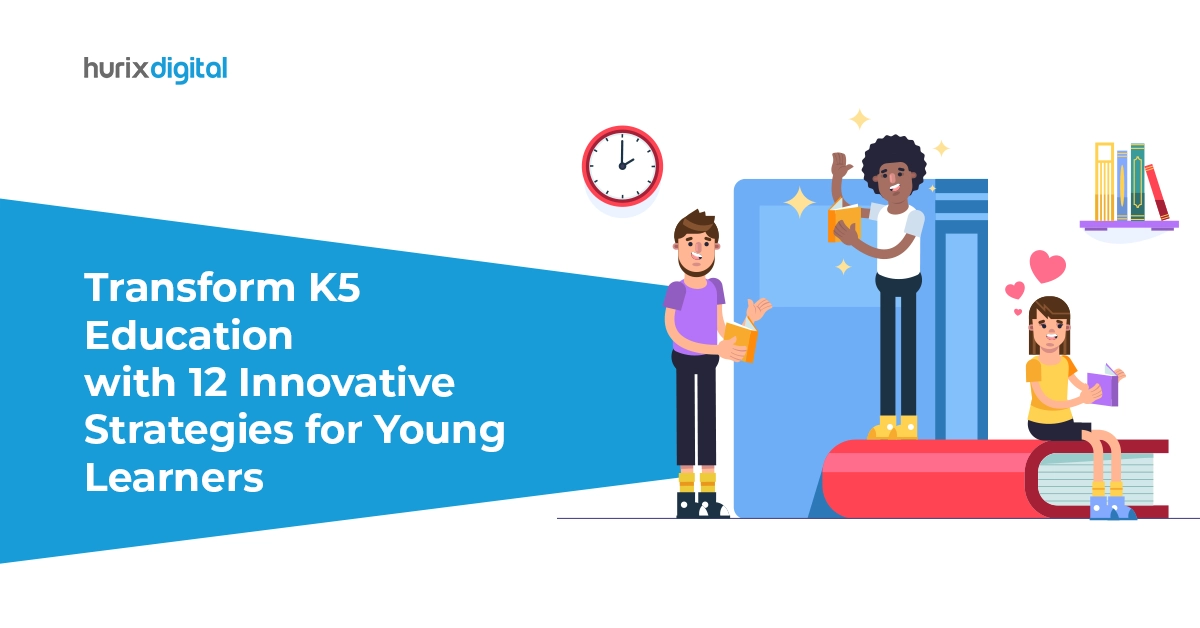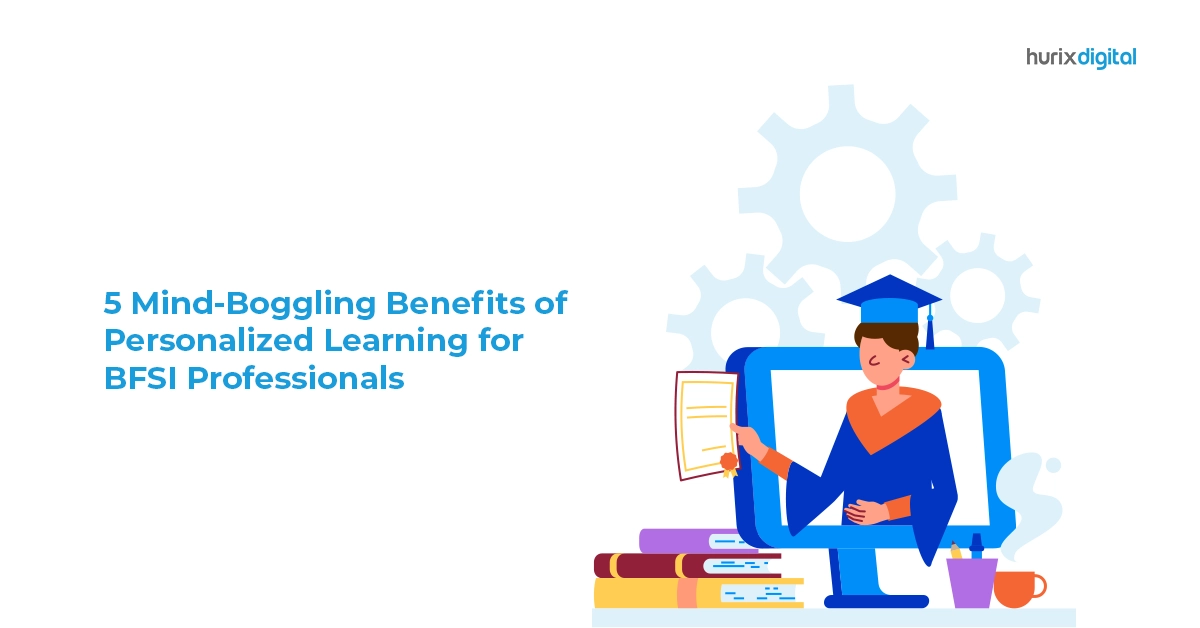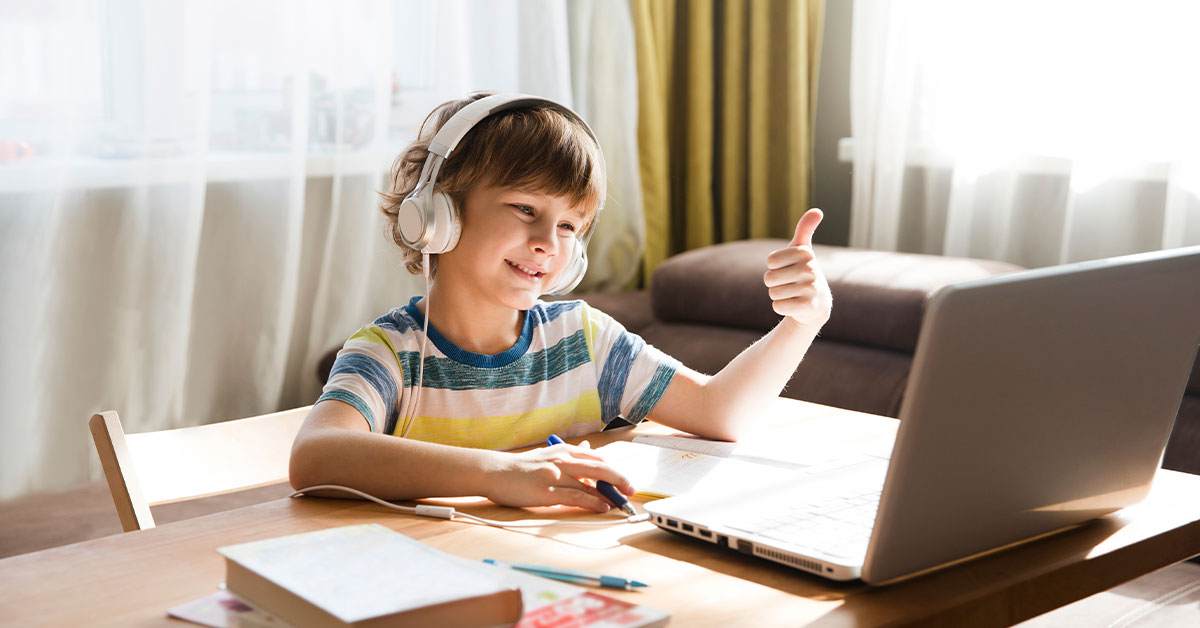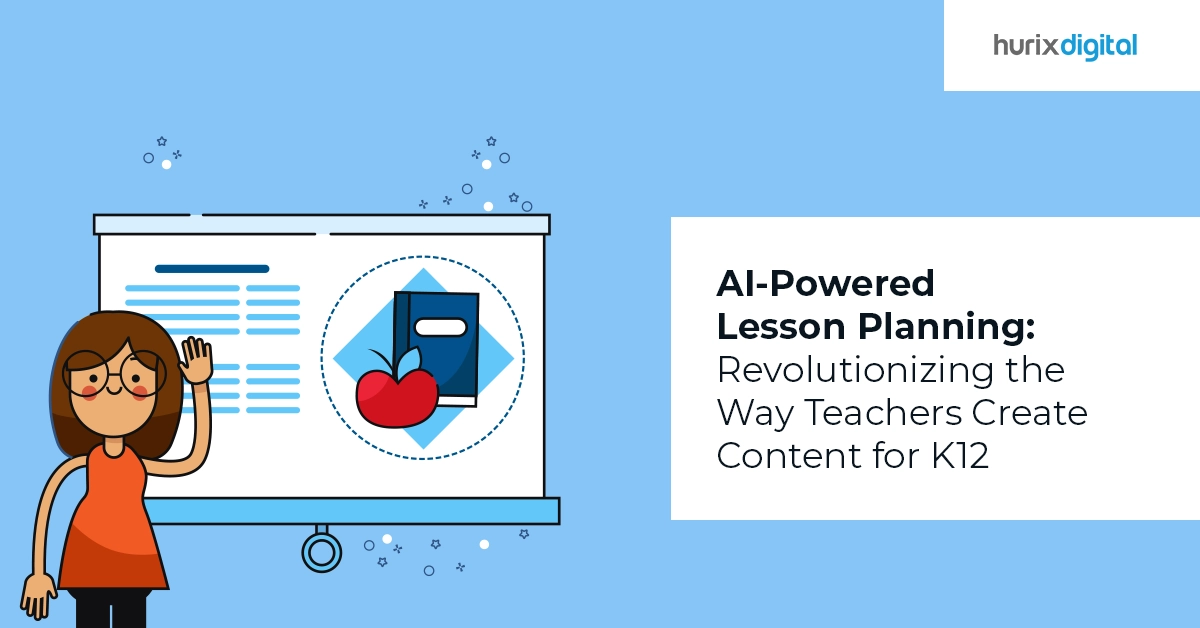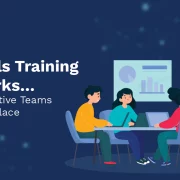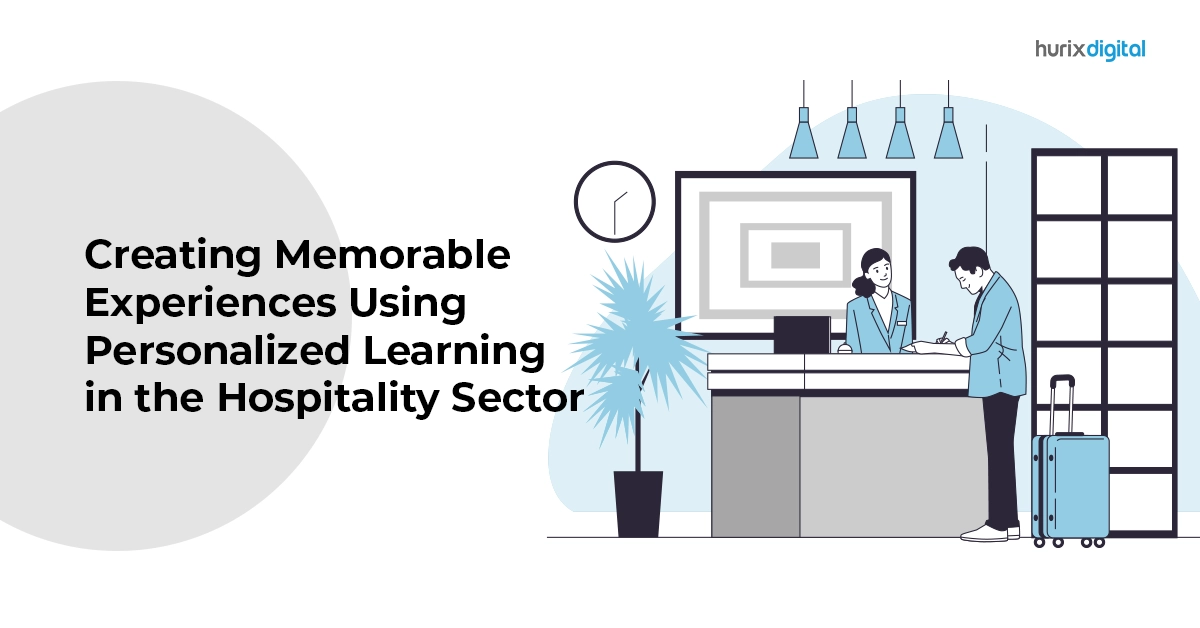
Creating Memorable Experiences Using Personalized Learning in the Hospitality Sector
Summary
This blog post discusses the importance of personalized learning in the hospitality sector and how it can improve employee engagement, retention, performance, and customer satisfaction. It also shared some tips on how to implement personalized learning in the hospitality sector.
The hospitality sector is one of the most dynamic and competitive industries in the world. It is also one of the most affected by the pandemic, which has disrupted travel, tourism, and leisure activities. According to a report by McKinsey, the global travel industry may not recover to pre-pandemic levels until 2024.
This means that hospitality businesses need to adapt and innovate to survive and thrive in the new normal. One of the key strategies that hospitality businesses can adopt is to leverage personalized learning to create memorable experiences for their employees and customers.
Customized learning is a learner-centric approach that customizes and tailors learning content, delivery, and pace according to the individual needs, preferences, goals, and feedback of each learner. It can help hospitality businesses improve employee engagement, retention, performance, and customer satisfaction.
In this blog post, we will explore how personalized training programs can help hospitality businesses deliver customized and tailored learning experiences to their employees and customers. We will also share some tips on how to implement personalized learning in the hospitality sector. So, let’s get started!
Table of Contents:
- What Is Personalized Learning? Why Is It Important for the Hospitality Sector?
- How to Implement Personalized Learning in the Hospitality Sector?
- What Are the Benefits of Personalized Learning for the Hospitality Sector?
- Conclusion
What Is Personalized Learning? Why Is It Important for the Hospitality Sector?
Personalized learning is a learner-centric approach that customizes and tailors learning content, delivery, and pace according to the individual needs, preferences, goals, and feedback of each learner.
It is based on the principles of adult learning theory, which states that adults learn best when they are motivated, self-directed, relevant, practical, and collaborative.
Tailored learning experiences are important for the hospitality sector because they can help address some of the common challenges that hospitality businesses face, such as:
1. Skill Gaps
The hospitality sector requires a diverse range of skills, from technical skills such as food safety, hygiene, and customer service to soft skills such as communication, teamwork, and problem-solving.
According to a hotel survey, 82% of respondents are experiencing a staffing shortage, with 26% experiencing an acute shortage – meaning that the shortage is affecting the hotel’s ability to operate.
Personalized employee training can help bridge these skill gaps by providing targeted and relevant training that matches the skill level and career aspirations of each employee.
2. Employee Turnover
The hospitality sector has one of the highest employee turnover rates in the world. According to a report by CHART (Council of Hotel and Restaurant Trainers), 39% of front-of-house employees and 42% of back-of-house employees leave within their first 90 days of employment.
Personalized learning can help reduce employee turnover by increasing employee engagement, loyalty, and satisfaction. Personalized learning can also help employees feel valued, recognized, and supported by their employers.
3. Customer Expectations
The hospitality sector is driven by customer satisfaction and loyalty. Customers expect high-quality service, personalized attention, and memorable experiences from hospitality businesses. However, meeting these expectations can be challenging in a highly competitive and dynamic market.
Personalized learning can help enhance customer experience by empowering employees with the knowledge, skills, and confidence to deliver customized and tailored service to each customer. Personalized learning can also help employees anticipate customer needs, preferences, and feedback and respond accordingly.
Also Read: 5 Benefits of Personalized Learning for Your Employees
How to Implement Personalized Learning in the Hospitality Sector?
Implementing personalized learning in the hospitality sector requires a strategic approach that involves the following steps:
1. Assess Learner Needs
The first step is to assess the current skill level, knowledge gap, learning style, preference, goal, and feedback of each learner. This can be done through various methods such as surveys, interviews, assessments, observations, or analytics.
The data collected from this step can help create learner profiles and personas that can guide the design and delivery of personalized learning content.
2. Design Learner Journeys
The next step is to design learner journeys that map out the optimal learning path for each learner. A learner journey is a sequence of learning activities that align with the learner’s needs, preferences, goals, and feedback.
It can include various types of learning content such as videos, e-learning modules, e-books, podcasts, games, simulations, quizzes, or assignments.
A learner journey can also include various modes of delivery, such as online, offline, blended, or mobile. It should be flexible, adaptive, and interactive, allowing learners to choose their own pace, order, and level of difficulty.
3. Deliver Learner Experiences
The final step is to deliver learner experiences that engage, motivate, and inspire learners. A learner experience is the outcome of a learner journey that creates a positive emotional and cognitive impact on the learner.
It can be enhanced by using various strategies such as gamification, storytelling, social learning, feedback, or recognition.
A positive learning experience should be personalized, relevant, practical, and collaborative, allowing learners to apply their learning to real-world scenarios and share their learning with others.
What Are the Benefits of Personalized Learning for the Hospitality Sector?
Personalized learning can bring various benefits to the hospitality sector, such as:
1. Improved Employee Performance
Personalized learning can help employees improve their skills, knowledge, and confidence to perform their tasks effectively and efficiently.
It can also help employees develop new skills and competencies that can help them advance their careers and take on new challenges. According to a report, 42% of companies say that online training has led to an increase in revenue.
2. Increased Employee Retention
Personalized learning can help employees feel valued, recognized, and supported by their employers. It can also help employees feel engaged, loyal, and satisfied with their work.
According to a report, hospitality businesses that spent 5% or more of their budget on training experienced 23% less staff turnover.
3. Enhanced Customer Satisfaction
Personalized learning can help employees deliver high-quality service, personalized attention, and memorable experiences to customers.
It can also help employees anticipate customer needs, preferences, and feedback and respond accordingly. According to a report, companies that offer online training generate 26% more revenue per employee.
Conclusion
Personalized learning is a learner-centric approach that customizes and tailors learning content, delivery, and pace according to the individual needs, preferences, goals, and feedback of each learner. It can help hospitality businesses improve employee performance, retention, and customer satisfaction.
Personalized learning can also help hospitality businesses create memorable experiences for their employees and customers. If you are looking for a partner who can help you create personalized learning solutions for your hospitality business, look no further than Hurix Digital.
Hurix Digital is a leading provider of digital learning solutions for the hospitality sector. Hurix Digital can help you assess learner needs, design learner journeys, and deliver learner experiences that are personalized, relevant, practical, and collaborative.
Contact us today to find out how we can help you create personalized learning solutions for your hospitality business.

Performance, Results, Growth, and Life-Long Learning define my professional life. I am passionate about making workplace learning planful, purposeful, and impactful. I take pride in partnering with clients and bringing them the best in learning design and creating solutions that address business challenges.
